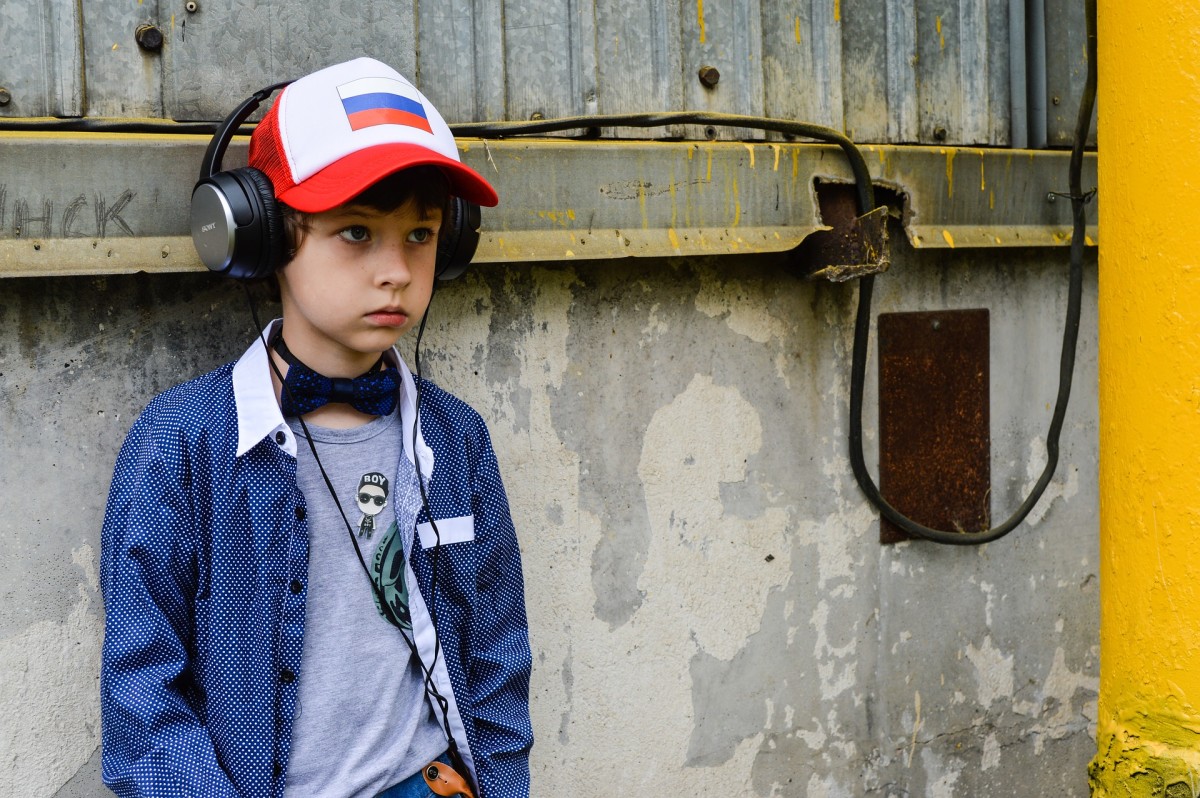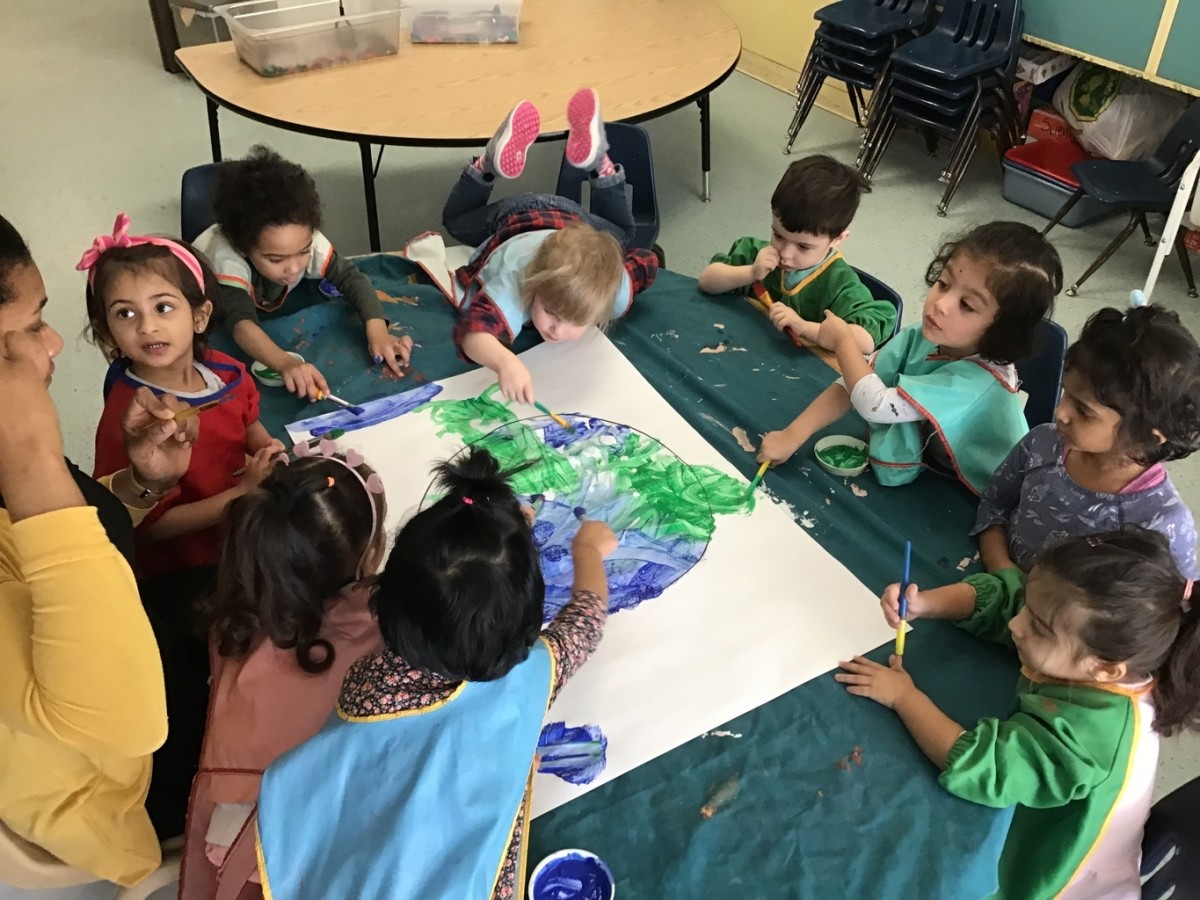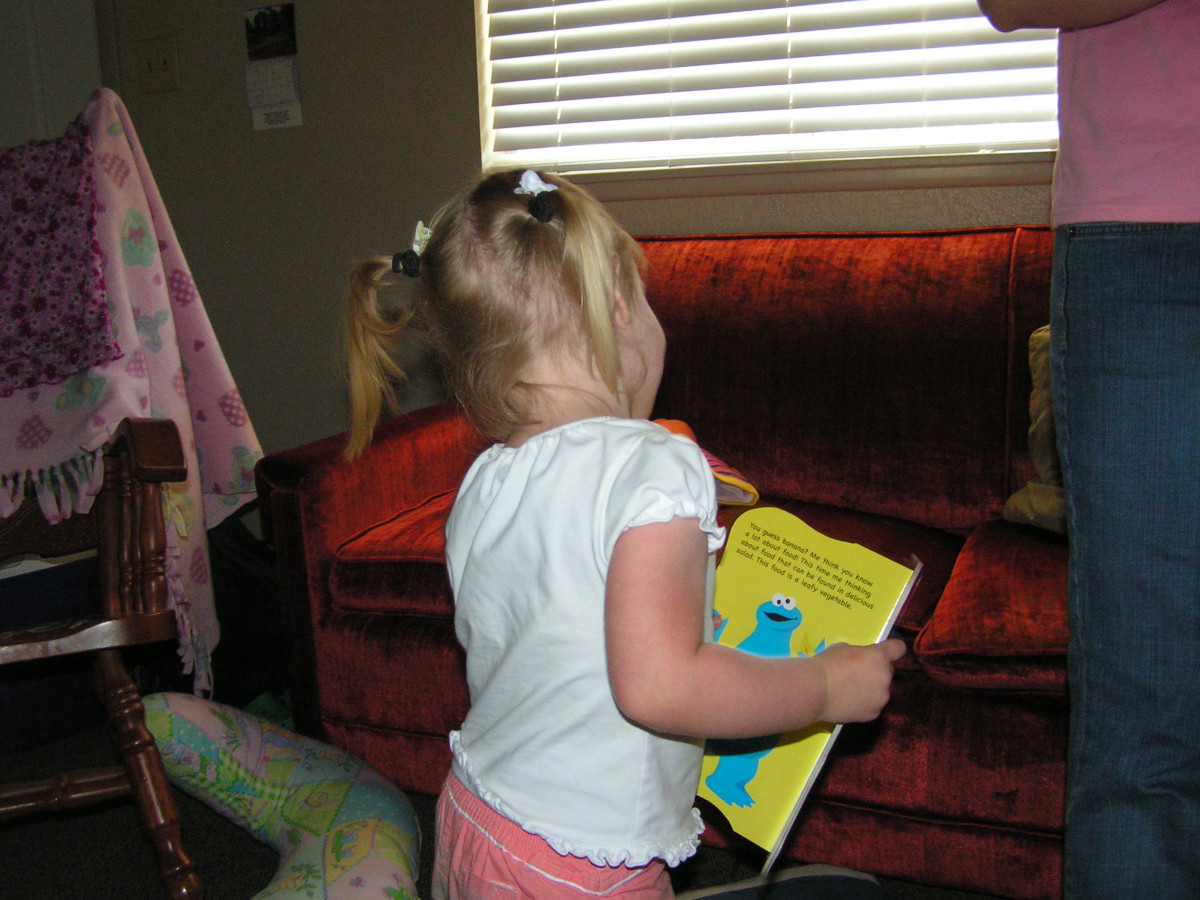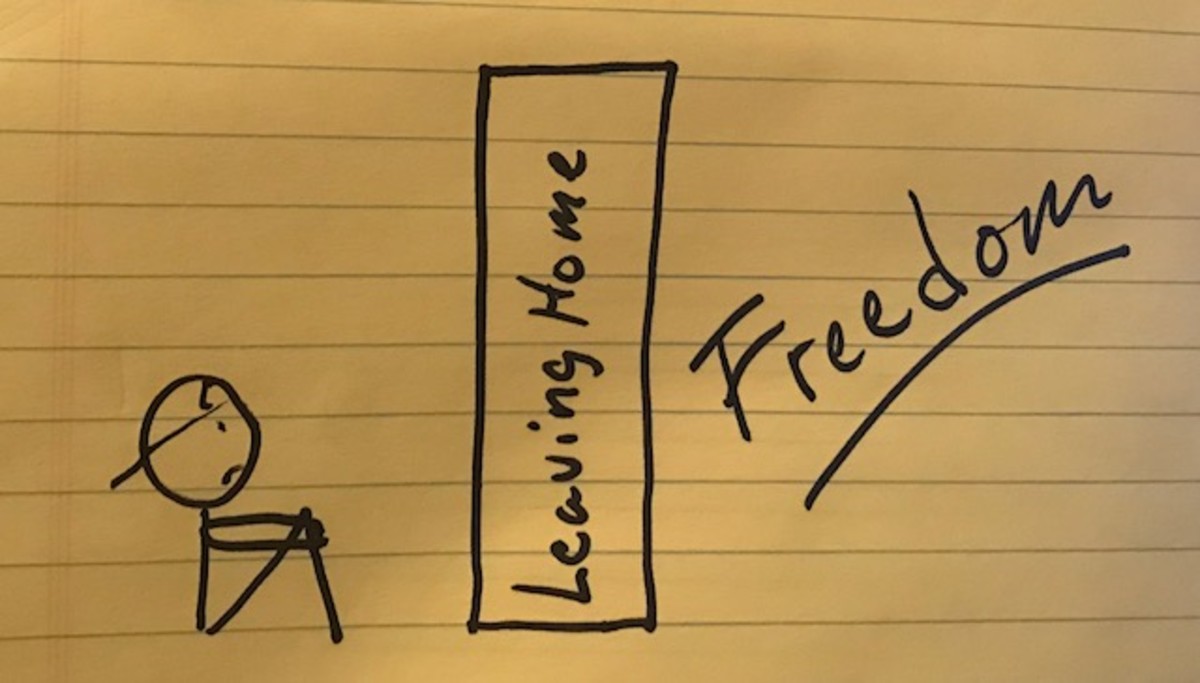Parenting Positively: Ten Important Truths Adults Should Learn About Children

For more information on children and life see:
- Teaching Kids Money Sense
Money makes the world go 'round, and it's important to teach our children about finances so their journey through adult life is smooth and not complicated with financial dilemmas and endless debt. Start... - Teaching Children Respect
- Important Lessons I have Learned From Children
- Life Lessons I Learned While Playing with Legos
- Ways to Develop a Child's Communication and Social Skills
- Life Lessons I've Learned While Gardening

Helpful Resources for Parents:
The hardest job in the world is being a parent, or maybe it's being a child. Both these roles are difficult, but as parents and adults, we need to understand children so we can be the best parents possible. The task can be overwhelming to say the least, but it is also rewarding.
To understand children better, it helps to look at the world from their perspective. What can we learn from them? Why and how do they develop certain behaviors? What are they thinking?
Following are ten important truths adults should learn if they want to be good parents.
Children are what they live.
For children environment is SO important. Ultimately, a child is a product of environment. A child who lives amidst chaos is likely to be apprehensive, agitated, nervous. The child who grows up in an abusive home will likely become an abuser. The child who spends hours in front of a tv or computer will likely have poor social skills.
You create what a child is like by creating the environment. If the environment is relatively peaceful and organized, the child will be calm. Think about where your child lives and what happens in this environment. Environment impacts children, positively and negatively.
Children are impressionable.
Words and actions impact children and shape who they become. The child who is belittled, yelled at, or talked to in a sarcastic fashion suffers. Equally harmful is always telling children they "can't" because this affects their self-perception. If a child believes s/he cannot do something or achieve something, s/he won't because the word "can't" is a self-fulfilling prophecy.
Actions also affect children. Think about all the nonverbal cues we give children. These cues range from "the look" to raising a hand. Some nonverbal cues can be very positive for children -- a smile or raising the hand for a "high-five" gesture. But other gestures can be threatening to a child, especially if a child is young. Adults should take time to consider how children interpret gestures.
Children want and need limits.
Parents who fail to set limits and indulge children truly harm their kids. Children want limits because limits provide guidelines about behavior. For example, consider noisy children entering the library. A parent reminds them to quiet down and that's important because if the children do not quiet down, they will have to leave because others in the library expect the environment to be a quiet one. The parent is teaching the child to respect the rights of others, and this is an important lesson for children to learn if they are going to get along well in society.The children want to visit the library to get books, but they must follow the rules to get the books.
Indulging children and giving into them when they whine or cry is poor parenting because that's not the way the world works. Children must learn to accept the fact that there are going to be rules to follow, and authority figures set the rules. Consider an adult who whines. An adult can't go to work and start whining about tasks they must complete on their job, because then they won't have a job. Don't indulge children because it sets them up for failure in life.
Children, especially younger ones, like structure and routine.
Structure and routine lead to predictability, and predictability decreases uncertainty. For young children this is particularly important because they fear things they don't understand or feel uncertain about. Uncertainty causes apprehension.
Creating predictable structure and routine empowers children and encourages them to behave appropriately. For example, if a child knows s/he will lose privilege for breaking curfew, the child will likely be home by curfew because s/he understands breaking the curfew rule will result in a consequence. The structure (the curfew rule) has been put in place and the routine (access to the bike, or no access to the bike if rule is broken) has been practiced.
Children watch and learn what you do.
Parents wonder why their children use profanity or start smoking cigarettes. Probably because they watch mom or dad do those behaviors. Why do children speak disrespectfully to others? Maybe they've seen dad cursing out the other driver who cuts in front of him.
Children are like monkeys; they imitate. Kids see everything their parents do, both good and bad. Obviously, parents don't display stellar behavior at all times, but they should realize that children are watching, and imitating what they do. No one exhibits perfect behavior at all times, but when children are around, it's important to act appropriately and respect others.
Children look to adults for stability and security.
Although life can be difficult at times, it's important for parents to show children they are still able to manage the situation. Children rely on parents to be in control and able to handle situations.
Recently, I watched an educational television show where two teenage girls were left to manage siblings on an all-day basis while the parents worked. Clearly, not a good situation. The teenage girls were managing younger children and doing all the household chores, so, needless to say, no schoolwork got done. They could not rely on their parents for stability or security; instead, the two girls were forced into taking on parental roles. Luckily, the parents learned how to provide more stability and security in the household by managing the situation a better way. The parents took on more responsibility so the teenage girls could attend to their schoolwork.
Children, no matter how old (yes, even teenagers) need to feel a sense of stability and security in the home. They are not able to take on adult tasks because their brains have not developed to the point of making responsible decisions. When forced into these roles, they become overly apprehensive and resentful.
Children crave consistency.
Children need consistency in environment and discipline. They need to know they have a safe, secure place to be, and they need to understand there are consequences to actions. Without consistency, children can't develop in a socially acceptable manner because they feel insecure; they don't know what's going to hapen next.
Children need to be respected.
As a teacher of high schoolers, the first day of school is always interesting because with each class rules are introduced. When we discuss respect, the first question students ask is: are you going to respect me? Maybe this is because I work with "at risk" youth who have been violated in some way by someone.
Respect starts with listening. As parents of newborns, we listen for a cry which lets us know a child is hungry. When children are toddlers and have temper tantrums, a cry may mean they are overly tired. As children get older, they may become harder to listen to because they send mixed messages. By the time they're teenagers, we need to listen to what they are NOT saying and read between the lines. Respect is built on a foundation of listening, and if you want respect, you have to respect others. Adults need to listen to kids, if they want children to listen to them.
Children need time and attention.
Beyond basic caregiving, children must be nurtured. You must spend time with a child, and many parents fail to understand this as they devote more and more time to their jobs. Parents need to spend one-on-one time with children. That means reading a book, playing a game, doing sports activities, going to recitals and programs, and whatever else comes up.
You can't put a child back in the box, like a toy, when you're tired of playing with it. They require a lot of time and effort. Without this devotion of time and attention they do not thrive and grow into productive, responsible adults.
Children need love and understanding.
As parents, we all get frustrated and parent meltdown can happen. Before you react in a negative fashion, walk away and count ten. Think before you say or act because children are impressionable and they learn from YOU. Think about why your child is acting in a particular way. You need to love your child no matter what s/he is doing and respond in a loving way. Take time to understand and evaluate the situation so you react in a positive way that helps your child.
Children can try your patience and make your day difficult at times, but remember you were a child once too!











